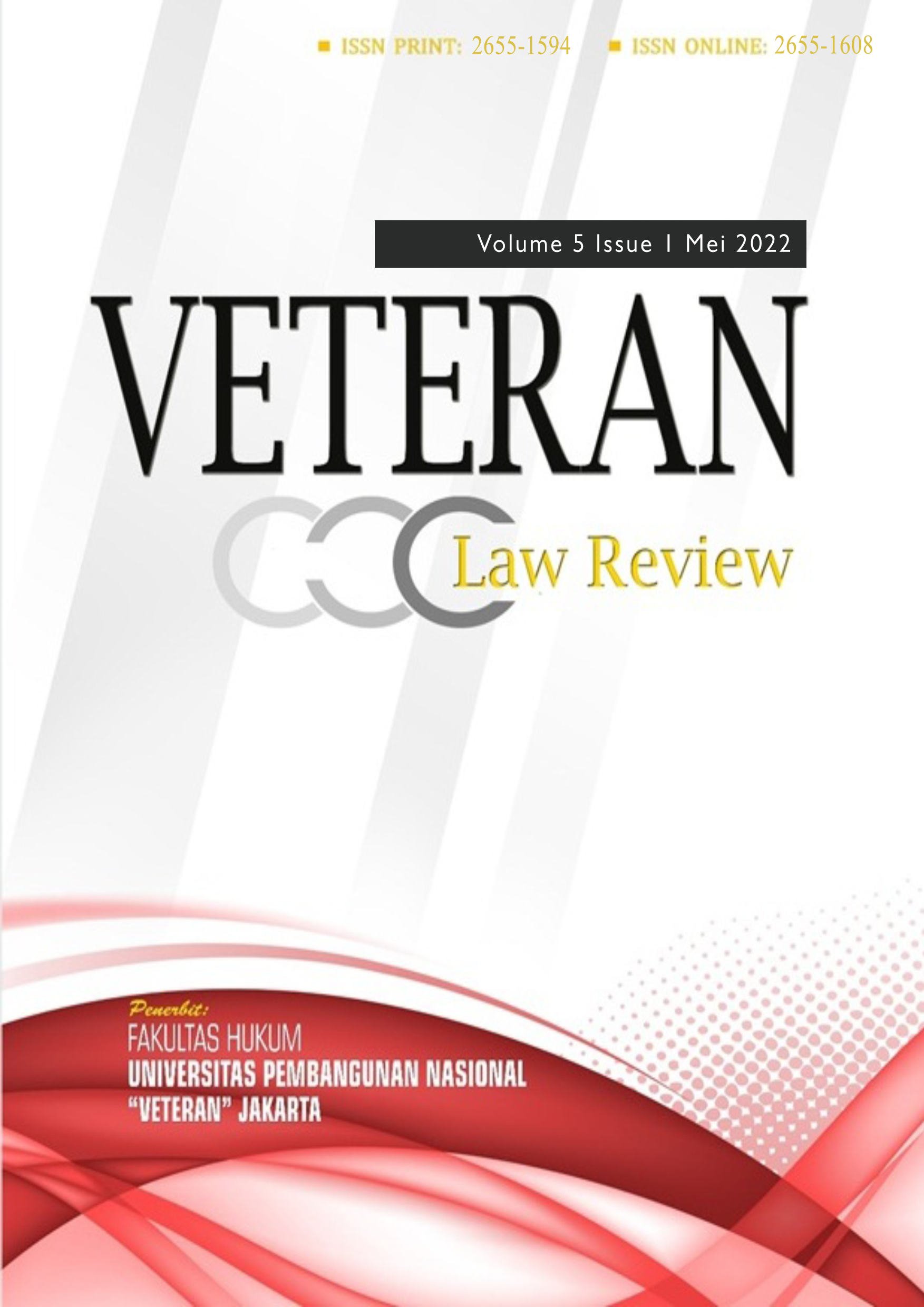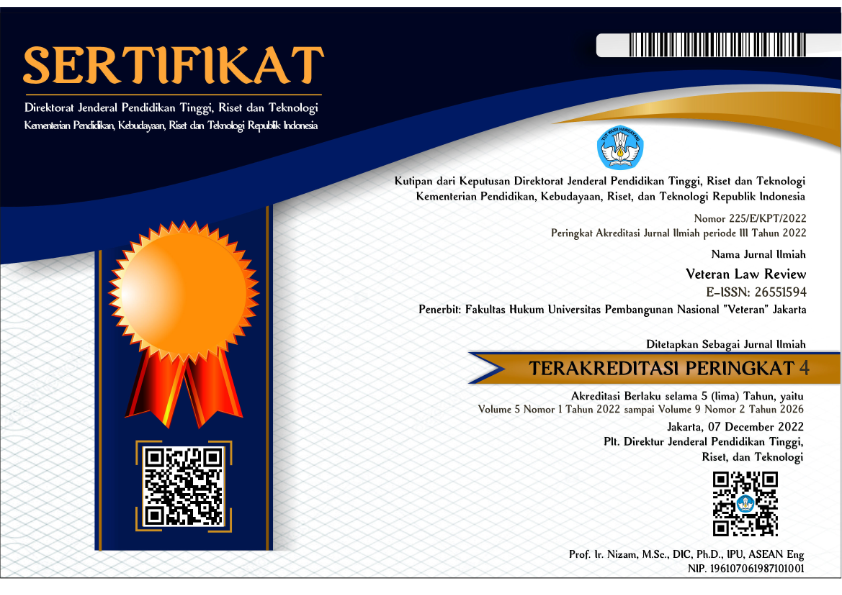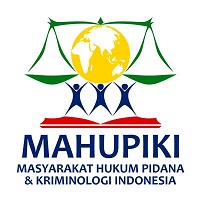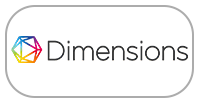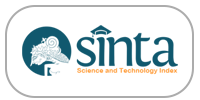Utilization Of State Property By Partners In The Perspective Of Utilitarianism Legal Theory
DOI:
https://doi.org/10.35586/velrev.v5i1.3976Abstract
The problem of the utilization of state property, needs to be studied after the Regulation of the Minister of Finance No. 115 / PMK.06 / 2020 on the Utilization of state property. Utilization of state property in practice, some are done by partners, such as what is the right to ownership of state assets and also the results of empowered utilization to increase state assets need to be analyzed in the perspective of utilitarianism legal theory. The research method used is normative juridical. The results showed that the utilization of state property by partners cannot be transitioned into property rights and must also be utilized productively to increase state assets. The right of utilization of state property is not essentially a property, so when using state assets, state property can only be used for productive assets, with the result of providing benefits to increase state assets. As a result, state assets are non-transferable when using state property.
Downloads
References
Books:
Abdul Hamid, (2016), Teori Negara Hukum Modern, Bandung, CV Pustaka Setia.
Abrar Saleng, 2004, Hukum Pertambangan, Yogyakarta: UII Press.
E. Utrecht/Moh. Saleh Djindang, 1985, Pengantar Hukum Adminstrasi Negara, Jakarta: PT Ichtiar Baru.
Faniyah Iyah, (2018) , Kepastian Hukum Sukuk Negara Sebagai Instrumen Investasi di Indonesia, Yogyakarta: Deepublish, hlm. 191.
Mariam Darus Badrulzaman, (2014), Aneka Hukum Bisnis, Bandung: PT Alumni.
Miriam Budiardjo, (2009), Dasar-Dasar Ilmu Politik, Jakarta: Gramedia Pustaka Utama.
Nomensen Sinamo, (2010), Hukum Tata Negara, Suatu Kajian Kritis Tentang Kelembagaan Negara, Jakarta: Jala Permata Aksara.
Peter Mahmud Marzuki. (2014). Penelitian Hukum. Jakarta: Prenada Media Group.
Sonny Keraf, (1998), Etika Bisnis Tuntutan dan Relevansinya, Yogyakarta: Kanisius.
Subekti, (1979), Aneka Perjanjian, Bandung: Alumni.
Titik Triwulan Tutik, 2010, Konstruksi Hukum Tata Negara Indonesia Pasca-Amandemen UUD 1945, Jakarta: Kencana.
Laws and regulations:
Constitution. State Gazette of the Republic of Indonesia.
Law No. 17 of 2003 on State Finance.
Regulation of the Minister of Finance No. 115 / PMK.06 / 2020 on the Utilization of State Property.
Website Material:
Ardian Prima Atmaja and Fredy Susanto, “Optimasi Aplikasi SIMAK-BARANG MILIK NEGARA Untuk Inventarisasi Barang Milik Negara Berbasis Aplikasi Mobile Android,” Jurnal Teknologi Informasi dan Ilmu Komputer 6, no. 2 (2019): 201.
Darnadi, Kepala Bidang Pengelolaan Kekayaan Negara, Kanwil DJKN Kalimantan Barat, www.djkn.kemenkeu.go.id/artikel/baca/14349/Mewujudkan-Barang-Milik-Negara-Untuk-Kemakmuran-Bangsa.html, diakses pada tanggal 01 Desember 2021 pukul 17.05 WIB.
DJKN, Laporan Barang Milik Negara, Audit Beberapa Tahun BARANG MILIK NEGARA, https://drive.google.com/file/d/1XklYcIiiAwQkIy9to0n1gO1WjpUrIec6/view diakses pada tanggal 01 Desember 2021.
Priyono D W I Nugroho, “Pengelolaan Barang Milik Negara/Daerah (Bmn/d) Priyono Dwi Nugroho, Ak, Msi, Mm*” (2012): 1–12.
Downloads
Published
How to Cite
Issue
Section
License
Copyright (c) 2022 Veteran Law Review Journal
Veteran Law Review © 2022 by Faculty of Law Universitas Pembangunan Nasional "Veteran" Jakarta is licensed under Creative Commons Attribution 4.0 International

1. License
The non-commercial use of the article will be governed by the Creative Commons Attribution license as currently displayed on Creative Commons Attribution 4.0 International.
2. Author(s)' Warranties
The author warrants that the article is original, written by the stated author(s), has not been published before, contains no unlawful statements, does not infringe the rights of others, is subject to copyright that is vested exclusively in the author, and free of any third party rights, and that any necessary written permissions to quote from other sources have been obtained by the author(s).
3. User/Public Rights
VELREV's spirit is to disseminate articles published are as free as possible. Under the Creative Commons Attribution-ShareAlike 4.0 International License. VELREV permits users to copy, distribute, display, and perform the work for non-commercial purposes only. Users will also need to attribute authors and VELREV to distributing works in the journal and other media of publications.
4. Rights of Authors
Authors retain all their rights to the published works, such as (but not limited to) the following rights;
- Reproduce the work
- Prepare derivative works based upon the work
- Distribute copies of the work
- Perform the work publicly
- Display the work publicly
- Copyright and other proprietary rights relating to the article, such as patent rights,
- The right to self-archive the article,
- The right to enter into separate, additional contractual arrangements for the non-exclusive distribution of the article's published version (e.g., post it to an institutional repository or publish it in a book), with an acknowledgement of its initial publication in this journal (Veteran Law Review).
5. Co-Authorship
If the article was jointly prepared by more than one author, any author submitting the manuscript warrants that he/she has been authorized by all co-authors to be agreed on this copyright and license notice (agreement) on their behalf, and agrees to inform his/her co-authors of the terms of this policy. VELREV will not be held liable for anything that may arise due to the author's internal dispute. VELREV will only communicate with the corresponding author.
6. Royalties
Being an open accessed journal and disseminating articles for free under the Creative Commons license term mentioned, author(s) are aware that VELREV entitles the author(s) to no royalties or other fees.
7. Miscellaneous
VELREV will publish the article (or have it published) in the journal if the article’s editorial process is successfully completed. JOSI's editors may modify the article to a style of punctuation, spelling, capitalization, referencing, and usage that deems appropriate. The author acknowledges that the article may be published so that it will be publicly accessible and such access will be free of charge for the readers as mentioned in point 3.

